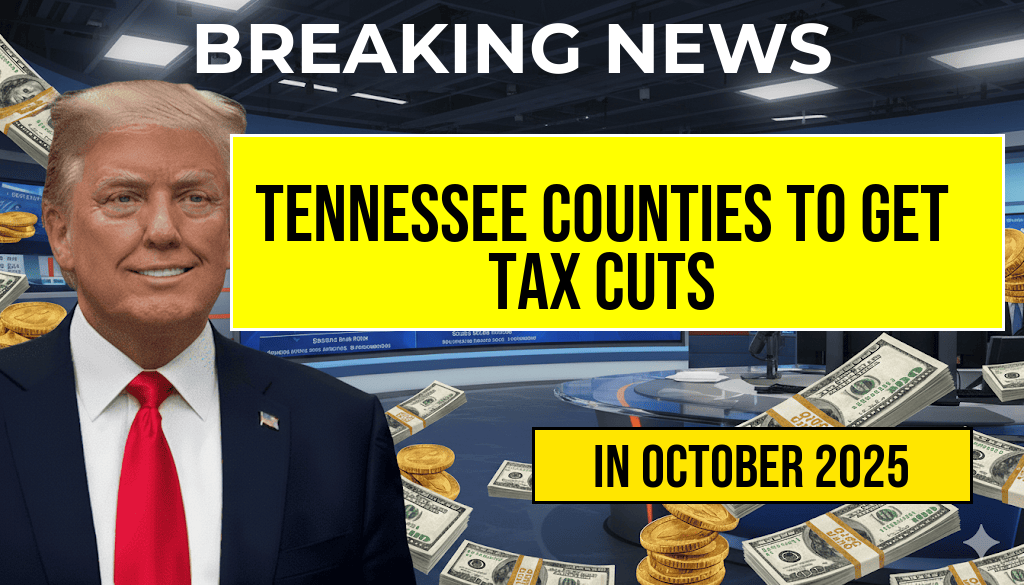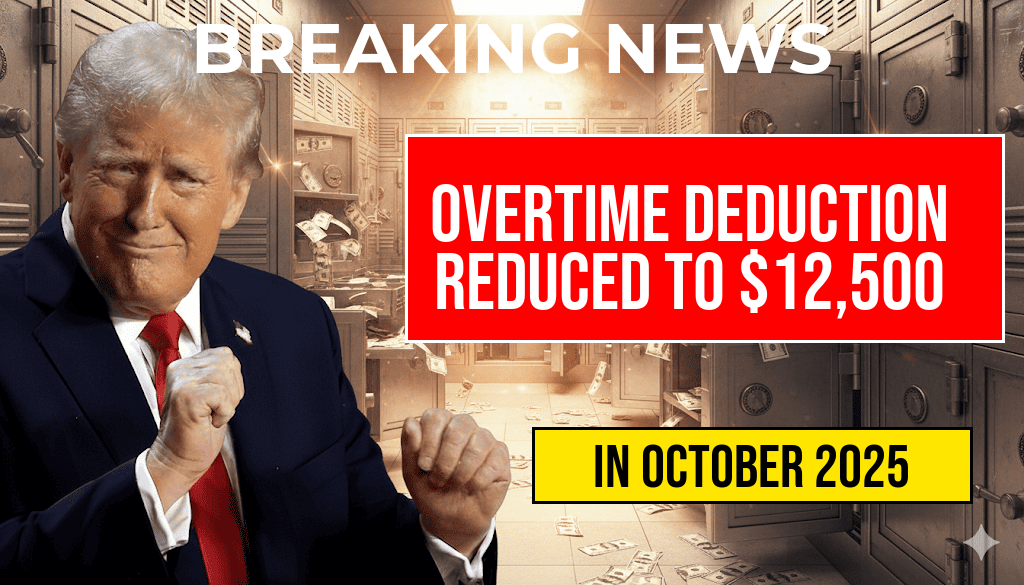In a move aimed at providing immediate financial relief to residents and stimulating local economies, Tennessee’s legislative leaders have approved a series of tax cuts set to benefit counties across the state. Under the newly enacted legislation, individual taxpayers in selected counties will see an average reduction of $4,143 in their annual tax liabilities, while businesses and property owners will enjoy cuts averaging $4,177. These adjustments mark one of the most significant shifts in local taxation policies in recent years, reflecting a broader effort to enhance economic competitiveness and improve residents’ disposable income. The legislation, which passed through the state legislature last week, allocates funds based on economic indicators and demographic data, targeting areas with the greatest capacity for growth and development.
Details of the Legislation and Its Impact
Scope and Distribution of Tax Cuts
| County | Average Individual Tax Cut | Average Business/Property Tax Cut |
|---|---|---|
| Davidson | $4,150 | $4,180 |
| Shelby | $4,130 | $4,170 |
| Knox | $4,160 | $4,150 |
| Hamilton | $4,145 | $4,165 |
The legislation stipulates that counties with higher income levels and robust economic activity will benefit from larger tax reductions, with the goal of fostering a more equitable tax environment across the state. The tax cuts are projected to be phased in over the next fiscal year, with local officials estimating an aggregate savings of approximately $100 million for Tennessee residents and businesses combined.
Rationale Behind the Tax Cuts
Officials from the Tennessee Department of Revenue emphasized that the legislation aims to address rising living costs and to attract new residents and investment. “Reducing the tax burden is a strategic step toward making Tennessee more competitive nationally,” said Department spokesperson Laura Jenkins. “We want to ensure that our residents and businesses have more resources to reinvest in their communities.” The move also responds to recent studies indicating that lower taxes correlate with increased economic activity and improved quality of life.
Reactions from Local Leaders and Residents
The response from local leaders has been largely positive, with many citing the potential for economic growth and increased disposable income. Mayor of Nashville, John Cooper, expressed support, stating, “This legislation provides a much-needed boost to our city’s economy, helping residents keep more of what they earn.” Meanwhile, small business owners anticipate that the reduction in property and business taxes will ease operational costs, potentially leading to expansion and new hiring.
However, some critics warn of the long-term implications, such as reduced revenue for public services and infrastructure investments. State Senator Lisa Miller cautioned, “While tax relief is beneficial, we must balance it against the need to fund essential services like education and transportation.”
Economic Context and Future Outlook
State Revenue and Budget Considerations
The legislation is projected to decrease state and local revenue by an estimated $100 million annually. To offset this reduction, lawmakers are exploring alternative funding mechanisms, including federal grants and reallocations within the state budget. Officials emphasize that the tax cuts are designed to be sustainable, with provisions for periodic review and adjustments based on economic conditions.
Potential for Broader Economic Benefits
Economists suggest that targeted tax reductions can stimulate consumer spending and business investment, potentially leading to job creation and higher economic growth. The legislation aligns with broader efforts across the U.S. to re-evaluate tax policies in favor of growth-oriented reforms, as highlighted in reports from institutions like the [Tax Foundation](https://taxfoundation.org/).
Analysts also point out that Tennessee’s strategic geographic location, combined with these tax incentives, could enhance its appeal for new businesses seeking affordable operational costs. “Lower taxes in Tennessee make it an attractive hub for startups and established companies alike,” said economic analyst Mark Davis.
Next Steps and Implementation Timeline
Local governments are set to begin implementing the tax cuts starting in the upcoming fiscal year, with detailed guidelines and assistance from the Tennessee Department of Revenue. Public forums are scheduled over the next month to inform residents and businesses about the specifics and to gather feedback.
The legislation also contains provisions for periodic assessments to evaluate the economic impact and to make adjustments if necessary. Officials remain optimistic that the tax cuts will serve as a catalyst for economic vitality and improved quality of life across Tennessee’s diverse counties.
For additional information on Tennessee’s tax policies and economic initiatives, consult sources such as Wikipedia’s Economy of Tennessee or Forbes.
Frequently Asked Questions
What is the main purpose of the new legislation in Tennessee counties?
The new legislation aims to provide tax cuts to Tennessee counties, resulting in savings of $4,143 and $4,177 for residents and local governments.
Which Tennessee counties are affected by the tax cuts?
The legislation applies to specific Tennessee counties, though the exact counties are not mentioned in the article. These counties will experience the tax reductions as outlined in the new law.
How will the tax cuts benefit residents and local governments?
The tax cuts will reduce the financial burden on residents and provide cost savings for local governments, potentially improving public services and increasing disposable income.
When will these tax cuts take effect?
The article does not specify an exact date, but the legislation indicates that the tax reductions will be implemented soon after passage, benefiting counties in the near future.
Are there any specific taxes being cut under this legislation?
While the article highlights overall tax cuts, it does not specify which types of taxes are being reduced. The legislation likely targets key tax categories affecting county budgets and residents.







